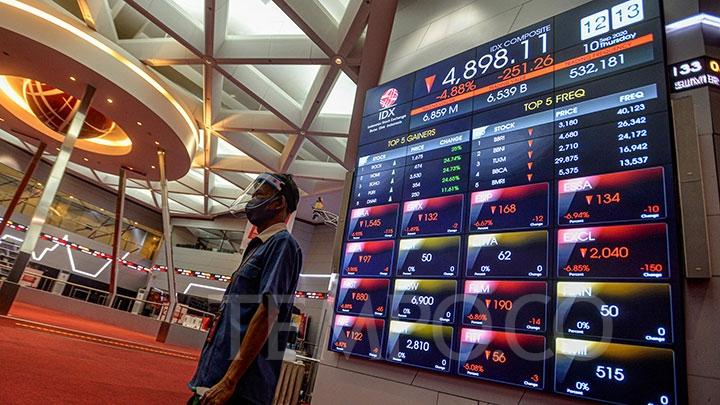How Data Security Is Becoming a Top Priority in the Gaming World of 2025
If you love gaming, you’ve probably noticed how different things are now compared to just a few years ago. Better graphics, smarter AI, faster internet—but there’s something else that’s growing just as fast: data security concerns.
Think about it. Every time you create an account, link a payment method, or even just log in to your favorite game, your personal data is out there. And in 2025, with millions of young gamers online every day, protecting that data has become one of the biggest challenges—and priorities—in the industry.
Why Should Gamers Care About Data Security?
Let’s be real—no one likes to think about boring stuff like firewalls or encryption while they’re trying to level up or unlock a rare skin. But here’s the thing: hackers love online games because they’re full of personal data.
From credit card info to your gaming habits, these details are worth a lot. Big gaming companies know this too. That's why platforms like 1xbet mongolia are investing heavily in stronger protection systems. They want to make sure your data doesn’t fall into the wrong hands.
What’s Making Data Security a Bigger Deal in 2025?
Several things, actually. First, gaming is now more connected than ever. Multiplayer matches, global leaderboards, and in-game purchases mean that a single security flaw can affect millions.
Here are a few reasons security matters more now:
Cloud gaming is booming, with over 150 million users worldwide.
Mobile gaming makes up over 60% of the total gaming market.
Game accounts often include personal info, chat logs, and payment details.
On top of that, the rise of real-money gaming and esports means there’s more at stake. Sites focused on sports gaming are especially careful, because when actual money is involved, security becomes non-negotiable.
Real Attacks, Real Consequences
This isn’t just about “what if.” In 2024, a major breach at a well-known game developer leaked over 10 million users’ data—including email addresses and payment info. That’s not just embarrassing—it’s dangerous.
Hackers use that kind of data for phishing scams, identity theft, or even blackmail. And for young gamers who might not recognize the warning signs, it’s especially risky.
But there's good news: game companies are fighting back with smarter tools. AI-driven security systems, biometric login options, and real-time monitoring are becoming the norm. If you're curious about how these tools are evolving, check out this recentcybersecurity text for a deeper look.
So, What Can You Do as a Gamer?
You don’t have to be a tech expert to stay safe. Here are some simple things you can do today:
Use strong passwords. No, “gamer123” doesn’t count.
Enable 2FA (two-factor authentication). Most platforms offer it now.
Avoid sketchy links and unknown friend requests.
Keep your software updated. This includes your game, console, or phone.
Know what data your game collects. Read the permissions before clicking “accept.”
Remember, it’s not about being paranoid—it’s about being smart.
Where Are We Headed Next?
Looking ahead, expect even more tools designed to keep you safe without slowing down your game. Face recognition, passwordless login, and even decentralized ID systems are being tested right now.
Game studios are also hiring cybersecurity specialists like never before. In 2025 alone, gaming companies spent over $3.2 billion on cybersecurity upgrades—that's more than double what they spent in 2022.
Final Thoughts
Games are supposed to be fun, not stressful. And while you’re crushing opponents or building your dream world, you shouldn’t have to worry about your data being stolen.
Luckily, the gaming world is catching up fast. Companies, developers, and even gamers like you are starting to treat data security seriously—which means more fun and less risk for everyone.
So next time you log in, take a second to think: Am I doing what I can to keep my game—and my info—safe?
What's Your Reaction?
 Like
0
Like
0
 Dislike
0
Dislike
0
 Love
0
Love
0
 Funny
0
Funny
0
 Angry
0
Angry
0
 Sad
0
Sad
0
 Wow
0
Wow
0























